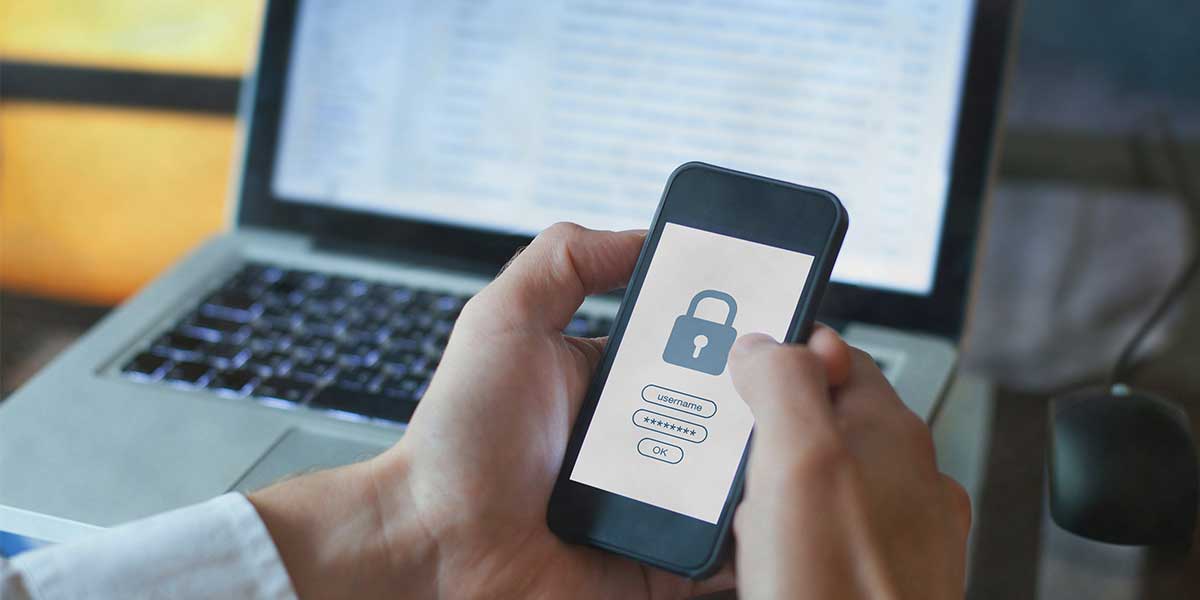The pharmaceutical industry’s most confidential data, such as patient and research data and intellectual property, must be protected in the best possible way. Our CEO Dominik Birgelen explains how companies are keeping up with the pace of digital transformation and how cybersecurity management will make it possible in the future to meet the ever-increasing demands on the industry and work efficiently with third-party providers such as suppliers, treatment centers, insurers and manufacturers.
Cyber threats as challenges in 2021
To protect the sensitive data of consumers and patients, the industry is subject to strict data protection guidelines. Successful cybersecurity management therefore plays a key role. Digital transformation has additionally been accelerated worldwide by the global pandemic. Especially industries such as pharmaceutical companies, which work with the most confidential data, are increasingly exposed to cyber attacks. The mass of critical data makes such companies an attractive target for hacker attacks. In fact, a recent study by Deloitte found that cyber threats were ranked as one of the biggest challenges that will have the greatest impact on their business in 2021. Three of the most important core elements for successful cybersecurity management are as follows.
Security through shielded log-ins
With increased demands on the industry to deliver results faster, many pharmaceutical companies can only meet the high demands by collaborating with third-party vendors. To continue to increase productivity and manage complex workflows, the industry needs the collaborations. But it is these third-party interfaces that pose a significant risk.
Implementing a shielded and cloud-based log-in for third-party systems is a useful safeguard. Additional security when working with third-party providers is provided by the use of authentication services, where the user’s log-ins are transported via the browser as the client and additional authentication processes are performed by back-end systems. Passwords and tokens are dynamically generated at login, which are not stored by the service provider and remain hidden from all other users.
Protect sensitive corporate data from human error
Data breaches in enterprises are largely caused by employees. A study by IBM shows that human error is the main reason for 95% of cyber security breaches. High-level employees in the pharmaceutical industry are affected by external attacks, but it is predominantly management and lower-level employees who are targeted by traditional types of cybercrime. “Humanity” is often exploited for this purpose, for example, to obtain sensitive data under false pretenses.
Separating the hosting environment for users and the enterprise can remove this risk. With the help of cloud security software, each person can be allowed access only to necessary applications, effectively protecting confidential data.
Cyber security and the zero-trust architecture
COVID-19 has dramatically increased the frequency of phishing attacks, which is the fraudulent attempt to access sensitive information by impersonating a trusted source or entity.
For this reason, enterprises are strongly advised to partner with a cloud-based solution provider that implements a Zero Trust Architecture (ZTA). This approach follows the strategy of not trusting any source that wants to access resources or services on the network from the outset. Accesses, both internal and external, are authenticated individually. Each user is checked at logon as well as the trust status is continuously queried during the session. The service responds to risky changes by revoking the access granted.



